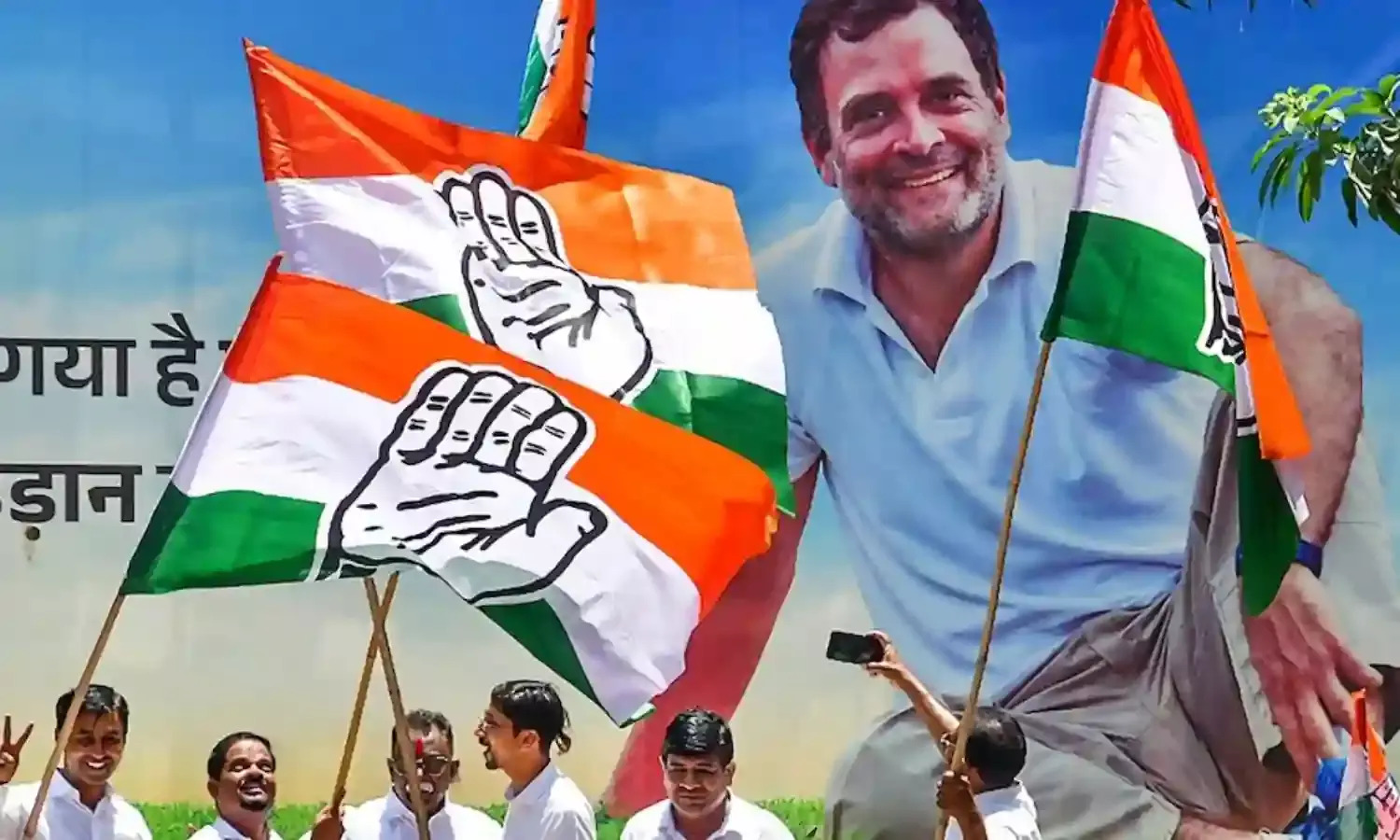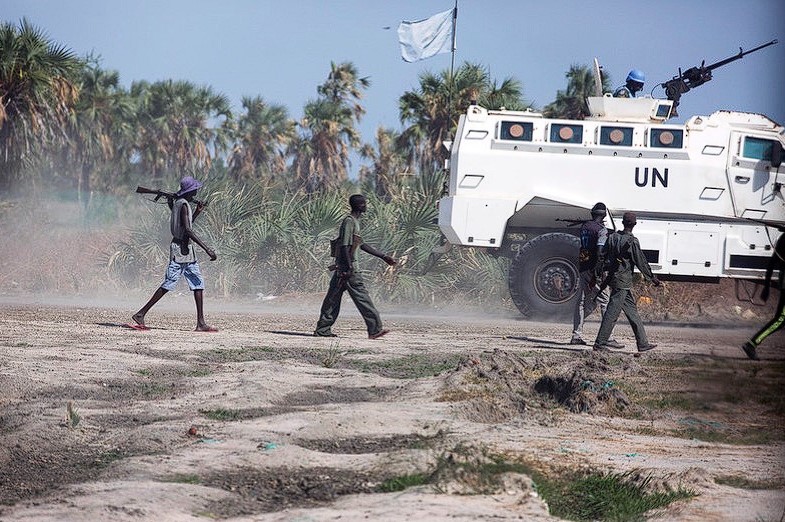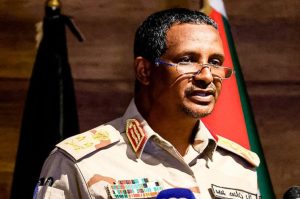Lessons From Karnataka 2023
The landslide defeat of the self-declared ‘invincible’ Bharatiya Janata Party by the Congress, that was reportedly ‘sinking’, has stunned India. The entire country seemed to have had a stake in the Karnataka Assembly election.
That stake continues, as the victorious Congress is still struggling to cut the Gordian knot of choosing a Chief Minister with two contenders remaining adamant. We do not know whether either of them, or their ardent devotees, recognise the harm they are inflicting on themselves, and the joy they are giving to the BJP, always ready and willing to snatch victory from the mouth of defeat, through means fair or foul, the fouler the better!
There is a way out of the dilemma faced by the Congress High Command. Incidentally, I have served in Austria, Finland, and Italy. I never heard this expression “the High Command”. One wonders whether the phrase as applied to the Congress and its peers denotes an inherently undemocratic mindset on the part of us Indians.
In the early 1900s, Lord Curzon said, “The Congress is tottering to its fall, and one of my greatest ambitions while in India is to assist it to a peaceful demise.’’ Prime Minister Modi is keen to carry out the task Curzon set for himself.
Modi has reiterated his plans for ‘Congress Mukt Bharat’ and in the process has delivered a BJP-Mukt South India. However, the BJP has not given up South India. It desperately runs after a few Bishops in Kerala where the Apostle St.Thomas landed in A.D. 52.
Recently in Kerala, Modi with the cooperation of some Bishops, addressed a big gathering of the youth. Union Minister of State for External Affairs & Parliamentary Affairs, V. Muraleedharan, who spoke before Modi, told the young that they could have a conversation with the Prime Minister.
He urged them to ask questions. As it turned out, Modi spoke at length and left without waiting for any questions. The young were disappointed.
If the BJP thinks that a set of Bishops would deliver the Christian ‘vote bank’ it is likely to be disappointed. The laity does not take any order from the clergy when it comes to voting. As a wit put it, not even the verger will listen to the parish vicar!
The BJP is introspecting as to what went wrong in Karnataka. Reports indicate there is a realisation that projecting Modi at the cost of local leadership was a mistake. Similarly, the failure to highlight the local issues such as bad roads was another mistake.
Modi’s importing Hanuman Jee did more harm than good. It is believed that an angry Hanuman Jee smashed BJP’s plans to smithereens.
Incidentally, one cannot help noting how a backboneless Election Commission of India watched helplessly this importation of religion into election in gross violation of the code of conduct it has prescribed.
Modi made another mistake. He and Amit Shah told the electorate that unless the BJP is elected with a thumping majority the state ran the risk of duplicating Kerala’s predicament as illustrated in the film ‘The Kerala Story’. The intelligent Karnataka voters knew that it was a worthless propaganda film funded by the VHP (Vishwa Hindu Parishad) shot in Madhya Pradesh with exemption from tax.
The Karnataka voters knew that it was a laughable caricature of Kerala. As Modi and Shah were selling the film, the High Court in Kerala ordered correction in the script which originally spoke of “32,000 women from Kerala” having joined the Islamic State. The figure was corrected to three, though the actual number is more than that.
Had the BJP won in Karnataka the BJP and its apologists in the mainstream media would have told us ad nauseam that Karnataka foretold the result of 2024. We would have been told that nothing can stand in the way of the Modi juggernaut.
Modi made a major contribution to his party’s defeat by ordering that there should be a sharp generational change and that new faces should be put up. The order was carried out with disastrous results.
The moot question is whether anyone in the Sangh Parivar would have the guts to tell Modi all this? Lord Acton said that power corrupts, and absolute power corrupts absolutely. We may add that power insulates itself and absolute power insulates itself absolutely.
However, those who know Modi have claimed that he is capable of calm introspection without external advice and that he would take the necessary corrective action before the 2024 election and in the state elections in Madhya Pradesh, Rajasthan, and Chhattisgarh later this year. Let us wait and see.
The Congress, at time of writing, is finding out that it was easier to defeat the BJP than to choose a Chief Minister for Karnataka. The two contenders, D. K. Shivkumar, President of the Karnataka Congress, and Siddaramaiah, the former Chief Minister, refuse to leave it to the High Command despite an earlier resolution by the MLAs to that effect.
In this context, the Congress High Command might like to look at the procedure of electing the Pope. There was a time when the Vatican witnessed the embarrassing scene of there being more than one claimant declaring himself as the Pope.
To avoid such scenes, the Vatican has figured out a foolproof process. There will be no announcement of anybody’s candidature either by himself or on his behalf. Only the Cardinals below 80 years of age can vote. Each will be given a slip of paper on which he is to write his choice.
If in the first round nobody gets 2/3rd of the votes, the results are read out and the ballot papers are burned with some chemicals to give out a black smoke that comes out to tell the outside world that the process was continuing. As many rounds as required are carried out till one name has 2/3rd or more votes.
Then the ballot papers are burned, this time with appropriate chemicals so that white smoke comes out. Later, the senior most Cardinal announces to the waiting crowd “Habemus Papam (We have a Pope)” as the elected Pope dressed appropriately comes out. There is a story that once upon a time a Cardinal who contested the election and lost came out hurriedly with the vestment inside out and became a laughingstock.
Of course, the BJP with its claim that Bharat is the Vishwa Guru, cannot even think of adopting the above procedure. Essentially, the BJP High Command is so powerful that it does not need to change its procedure.
If the Congress adopts the Vatican procedure the BJP will go to town and say that Sonia Gandhi has imported an Italian procedure and insulted Indians as a whole. However, the Congress can adapt the Vatican procedure in a way that nobody might recognise the history behind it as ignorance of history is proliferating in India and elsewhere.
If the Congress fails to give good governance to Karnataka because the chosen Chief Minister fails within weeks or months, then the BJP will tell the electorate in 2024 that only by giving Modi an absolute majority can India be safe from internal and external enemies. Did Indira Gandhi not come back after she lost her seat in the post-Emergency election as the non-Congress parties fought with each other?
Turning to 2024, the way forward for the Opposition is not a Mahagathbandhan projected as the thermonuclear weapon against Modi and the BJP. Such unity will never be realisable. What is required is unspoken seat adjustment.
Let us take a concrete case. There are three Opposition parties A, B, and C eyeing a constituency where there is a good fighting chance or more against the BJP. Any professional psephologist will find out after due investigations which party among A, B, and C has the best chance. The other two should quietly tell their supporters to vote accordingly.
Another matter is that we as voters are choosing the Member of Parliament (MP), not the Prime Minister (PM). India does not have a system of choosing the chief executive by popular vote. Ergo, who will replace Modi is an unnecessary and illogical question.
This article was written by K.P. Fabian for thw website www.thecitizen.in Featured image courtesy: www.thecitizen.in


